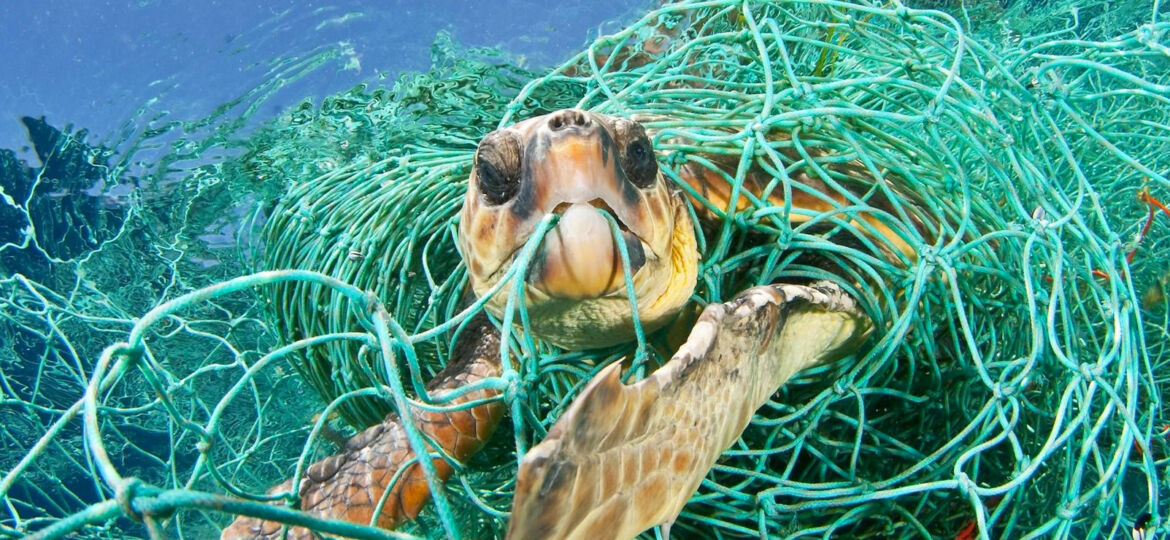
WHY THIS MATTERS IN BRIEF
When they were developed plastics were a wonder material, but their environmental legacy is proving devastating, now a fluke discovery is giving people hope that today’s plastic scourge can efficiently be broken down and recycled.
We’re increasingly being told that plastic is a horrible, horrible material that is doing horrible, horrible things to the environment, as well as, indirectly, us, and while plastic’s fall from grace has been a long time coming it’s now encouraging to see how people’s attitudes to it, and the protection of our natural environment have changed over a relatively short period of time. But changing attitudes, while huge, is one thing, figuring out how to solve the problem, the problem of literally drowning in plastic, that we now found ourselves in, is an entirely different challenge.
Now, in a potential breakthrough in the fight against the scourge that is plastic pollution an enzyme called PETase that can digest the most common plastics found polluting the environment, and, more importantly, break them back down to their individual chemical components, such as oil, has been discovered in a rubbish tip in Japan. Now genetic engineers in the UK and the US are trying to tweak and optimise its genome so it can be used to recycle plastics in more salubrious surroundings, commercial recycling centers.
It’s hoped that the discovery on this new plastic hungry enzyme could one day result in a recycling solution that can process millions of tonnes of plastic, which is commonly made from Polyethylene Terephthalate, also known as PET, the plastic compound that gave the new enzyme its name, that currently takes hundreds of years to degrade “naturally” in the environment.
The research into PETase is being led by the teams at the University of Portsmouth and the US Department of Energy’s National Renewable Energy Laboratory (NREL), with the results being published in the National Academy of Sciences (PNAS), and the findings could prove to be a breakthrough in the war against PET plastic waste which is used in many of today’s household items, from plastic bottles, food containers, and even fibers in clothes.
Since its discovery Professor John McGeehan from the University of Portsmouth and Gregg Beckham at NREL have been studying the crystal structure of the enzyme to understand how it works, but during the study the team accidentally engineered a mutant version of PETase that is even better at degrading the plastic than the one that has evolved in nature. The researchers are now working on further improving its effectiveness so it can be applied to industrial uses where hopefully it will break down plastic in a fraction of the time it does today.
“We can all play a significant part in dealing with the plastic problem, but the scientific community who ultimately created these ‘wonder materials’ must now use all the technology at their disposal to develop real solutions,” said McGeehan.
“Serendipity often plays a significant role in fundamental scientific research and our discovery here is no exception,” McGeehan said, “although the improvement is modest, this unanticipated discovery suggests that there is room to further improve these enzymes, moving us closer to a recycling solution for the ever growing mountain of discarded plastics.”















